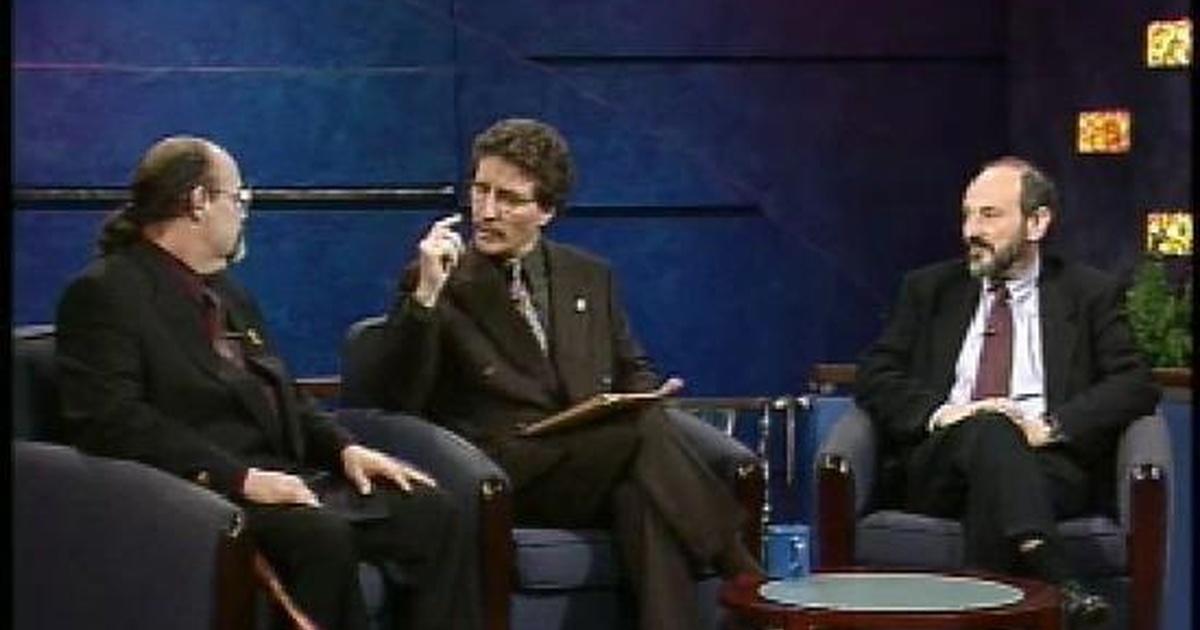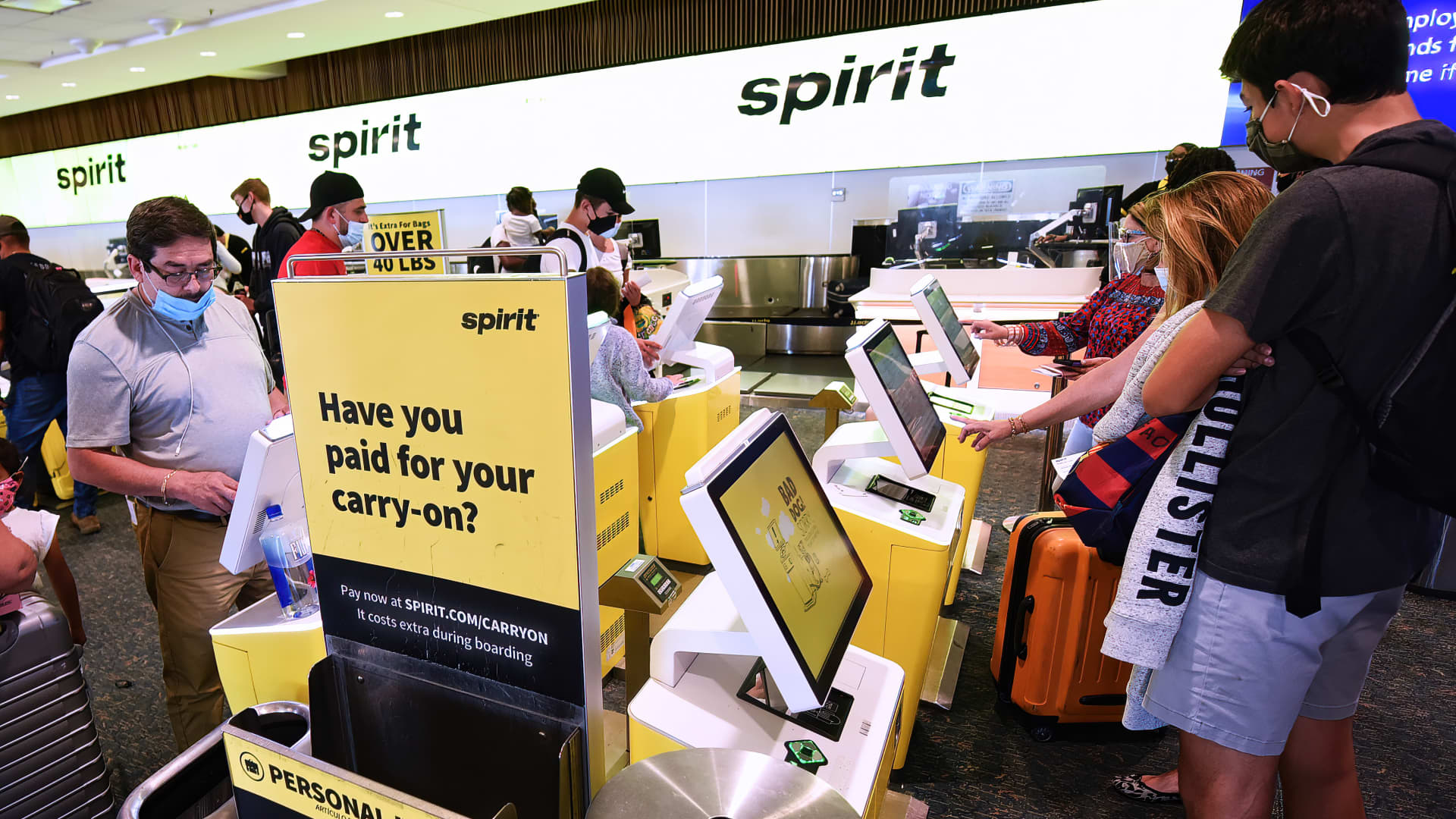
- Select a language for the TTS:
- UK English Female
- UK English Male
- US English Female
- US English Male
- Australian Female
- Australian Male
- Language selected: (auto detect) - EN
Play all audios:
Topeka , KS — The U.S. Department of Veterans Affairs (VA) and the State of Kansas launched a new program to connect Veterans in rural areas with telehealth and mental health resources. The
Kansas Department of Transportation (KDOT) posted flyers at rest areas across Kansas to help connect Veterans to VA resources while they are traveling. The flyers share information about
Veterans’ telehealth options, the closest VA location, and the Veterans Crisis Line -- empowering Veterans to access care based on their emergent, urgent, or routine health care needs. VA
collaborated with the State of Kansas because of its vast highway system. Kansas maintains more than 10,290 miles of state highways and more than 142,000 total miles of roads, streets, and
highways. VA is working closely with KDOT to provide information at 36+ designated Rest Areas, Information Centers, Visitors Centers, and other managed publicly accessible properties under
KDOT’s purview. This effort reiterates the importance VA places on collaborating with community and governmental organizations where Veterans receive care and will expand the reach to more
Veterans and a wider Veteran demographic – including those at risk or more vulnerable Veteran populations such as Native Veterans and Homeless Veterans. Additionally, rural health care is
often limited because of various challenges with funding, care requirements, and expansive geography. As greater 56% of Veterans enrolled for health care with VA Eastern Kansas live in rural
areas, this campaign will help connect those Veterans with VA resources and maintain their continuity of care within the VA health care system based upon the “Anywhere-to-Anywhere”
Telehealth Practice Authority using VA Video Connect. “We know our highway system is an integral part of Veteran travel in the Midwest”, said VA Eastern Kansas Healthcare System Director
Rudy Klopfer. “It’s important for us to get the message out there to our Veterans, in every way possible, that we’re here for you and we have many different ways to provide care.”









